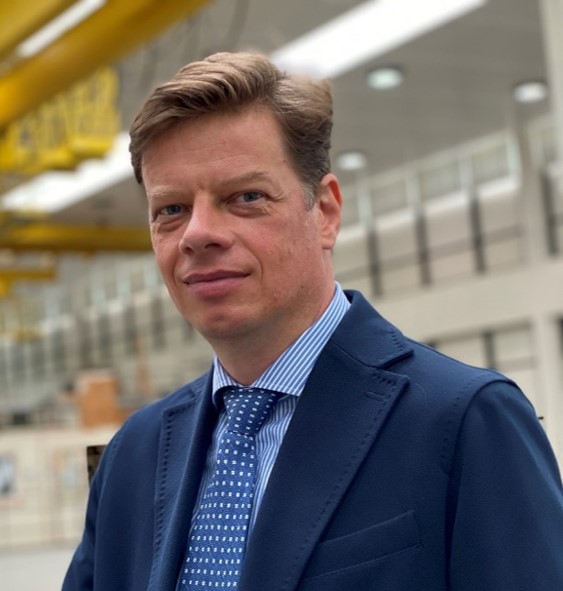
Abstract: The analysis of the turbulent/non-turbulent interface (TNTI) is of great scientific and technological interest because an understanding of the physical mechanisms that lead to the formation of the characteristic properties of the TNTI is of fundamental importance for mixing processes. A better understanding of the elementary processes that lead to the complex formation of the TNTI can be useful in areas such as combustion, cooling, cleaning and coating. While TNTI analysis based on data generated by Direct Numerical Simulation works reliably, there are numerous challenges in the field of experimental analysis. This is especially true for the analysis of TNTI in gas flows. The lecture will address the particular challenges of analyzing air flows and will present and discuss possible solutions. On the basis of measurement data, it will be shown to what extent valuable insights can be gained. The experimental analysis of the TNTI is important because, in contrast to DNS analysis, flows in complex geometries, with large Reynolds and Mach numbers or complex gas mixtures with phase transitions can be analyzed in principle.
Curriculum Vitae: Christian J. Kähler received his Physics Diplom Degree from the Technical University Clausthal in 1997 and his PhD in Physics from the Georg August University of Göttingen in 2004. From 1996 to 2001 Dr. Kähler worked at the German Aerospace Center (DLR) in Göttingen (Dr. Kompenhans), during which he had research stays at the University of Illinois at Urbana Champaign in 1996 (Prof. Adrian) and at Caltech in 1998 (Prof. Gharib). From 2001 to 2008 he was the head of the research group on Flow Control and Measuring Techniques at the Technical University Brunswick (Prof. Radespiel). He then became Professor for Fluid Dynamics and was appointed director of the Institute of Fluid Mechanics and Aerodynamics of the University at der Bundeswehr Muenchen in 2008. In 2012, he was offered an Einstein professorship for Aerodynamics at the Technical University Berlin (declined) and in 2017 the Technical University Darmstadt offered him to become head of the chair of Fluid Mechanics (declined). His research covers a broad range of topics involving the development of optical measurement techniques on the micro and macro scale in order to further investigate complex phenomenon in turbulent flows at subsonic, transonic, and supersonic conditions.
He is an associate editor of Experiments in Fluids (Springer Nature), an editorial advisory board member of Flow, Turbulence and Combustion (Springer Nature) and editorial board member of Physical Review Fluids (American Physical Society) and a Steering committee member and organizer of the International PIV Challenge (2001 Göttingen, 2003 Busan, 2005 Pasadena, 2014 Lisbon). He was chairman of the national conference on Laser-Methods in Fluid Mechanics (GALA e.V.) in 2013 and 2023, the International Conference on Experimental Fluid Mechanics in 2018 and of the International Symposium on Particle Image Velocimetry in 2019. Since 2022 he is a member of the organizing committee of the International Symposium on Applications of Laser and Imaging Techniques to Fluid Mechanics in Lisbon, Portugal. Furthermore, he is co-author of the 3rd edition of the Springer book on Particle Image Velocimetry. Between 2012 and 2018 he was elected member of the Fluid Mechanics review board of the national research funding organization Deutsche Forschungsgemeinschaft (DFG). Since 2019 he has been an elected member of the senate committee on Collaborative Research Centres (SFB) of the DFG and in 2023 he became a member of the Alexander von Humboldt Foundation's selection committee for the sponsorship of highly qualified scientists from abroad at German universities and research institutions. His research achievements have been recognized by international awards such as the Nakayama's Medal for outstanding contributions in the fields of Fluid Control, Measurement and Visualization.